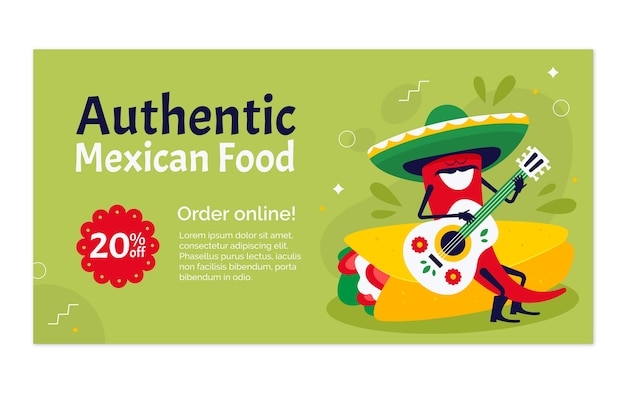Discover Fascinating Facts About Mexico

Mexico is home to the world’s smallest volcano, the Cuexcomate, located in Puebla.
Mexico has the largest number of Spanish-speaking population in the world.
Mexico City is sinking at a rate of about 10 inches per year.
Mexico has over 30 UNESCO World Heritage sites, including Chichen Itza and Teotihuacan.
Mexico is the birthplace of chocolate, which was originally consumed as a bitter beverage by the Mayans.
Mexico has the second-largest barrier reef in the world, the Mesoamerican Barrier Reef.
Mexico is famous for its colorful and intricate traditional handicrafts, such as ceramics, textiles, and pottery.
Mexico is home to the largest population of wild jaguars in the Americas.
Mexican cuisine is recognized as Intangible Cultural Heritage by UNESCO.
Mexico is the birthplace of the ancient Mayan civilization, known for their astronomy, mathematics, and writing system.
Mexico has 34 different UNESCO Biosphere Reserves, protecting diverse ecosystems and wildlife.
Mexico is the leading producer of silver worldwide.
The Great Pyramid of Cholula in Mexico is the largest pyramid by volume.
Mexico has the world’s largest population of Spanish-speaking Catholics.
Mexico has a strong tradition of celebrating Dia de los Muertos (Day of the Dead) on November 1st and 2nd.
Mexico is one of the world’s top destinations for eco-tourism, offering diverse landscapes and wildlife.
Discover Fascinating Facts About Mexico part 2
Mexican telenovelas (soap operas) are popular worldwide and have a large following.
Mexico is home to the monarch butterfly migration, where millions of butterflies travel from the United States and Canada.
The Mariachi music, originating in Jalisco, is a symbol of Mexican culture.
Mexico has the world’s second-largest underground cave system, Sistema Sac Actun.
Mexico is the birthplace of the ancient Aztec civilization, known for their engineering marvels and complex society.
Mexico has 67 national parks, showcasing its natural beauty and biodiversity.
The Mexican flag consists of three vertical stripes: green, white, and red, with the national emblem in the center.
Mexico hosted the FIFA World Cup in 1970 and 1986.
Mexico has several active volcanoes, including Popocatepetl and Colima.
The Pyramid of the Sun in Teotihuacan is the third-largest pyramid in the world.
Mexico has 9,330 kilometers of coastline, famous for its picturesque beaches.
Mexican wrestling, known as lucha libre, is a popular and theatrical sport.
Mexico is known for its vibrant and colorful traditional festivals, such as Carnival and Guelaguetza.
Mexico is the leading producer of avocados worldwide.
The Yucatan Peninsula in Mexico is known for its cenotes, natural sinkholes filled with crystal-clear water.
Mexico has a diverse range of climates, from tropical rainforests to arid deserts.
Traditional Mexican cuisine uses a variety of chilies, with over 60 different types cultivated in the country.
Mexico is the birthplace of the iconic Mexican artist Frida Kahlo.
Mexico is home to the largest bullring in the world, the Plaza de Toros Mexico.
Mexico has a rich tradition of mural art, with famous works by Diego Rivera and David Alfaro Siqueiros.
Mexico is the 11th most populous country in the world.
Mexican folk dances, such as the Jarabe Tapatío, showcase the country’s cultural heritage.
Mexico has the second-largest museum dedicated to ancient Egyptian artifacts outside of Egypt.
The Mesoamerican Ballgame, played by the ancient Mayans and Aztecs, is considered the oldest sport in the Americas.
Mexico has numerous natural wonders, including the Sumidero Canyon and Hierve el Agua.
Mexico is the leading exporter of tequila worldwide.
Mexican cinema has a long and influential history, with directors like Guillermo del Toro and Alfonso Cuarón gaining international acclaim.
Mexico is the birthplace of tequila, which is made from the blue agave plant.
Mexico has a rich biodiversity, with over 26,000 different species of plants and animals.

